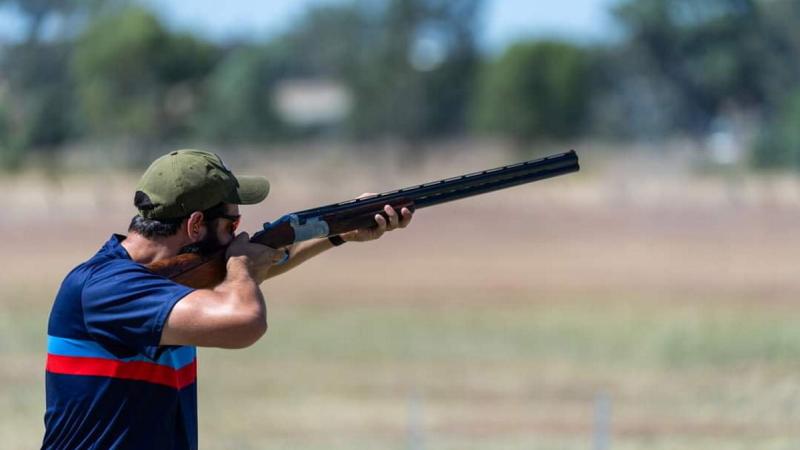Media Statement
29.8.19
LEI researchers win major science prize
Lions Eye Institute (LEI) researchers last night won the prestigious UNSW Eureka Prize for Scientific Research, at the Australian Museum Awards ceremony at Sydney’s Town Hall.
The Eureka Prizes are Australia’s most significant awards for scientific excellence, with the Scientific Research award recognising “outstanding curiosity-driven scientific research”.
The Prize was awarded in recognition of ground-breaking research into improving the management of one of the most common viral infections caused by Cytomegalovirus (CMV), following transplantation.
Professor Mariapia Degli-Esposti, Head of Experimental Immunology at the LEI and Head of Experimental and Viral Immunology at the Monash Biomedicine Discovery Institute, said the research team was thrilled that their work had been recognised so prominently.
Professor Degli-Esposti led a team that included Dr Chris Andoniou and Peter Fleming from the LEI, along with investigators from QIMR Berghofer in Brisbane led by Professor Geoff Hill, now at the Fred Hutchinson Cancer Research Center in Seattle.
Their work has significant potential to limit the impact of cytomegalovirus infections in bone marrow and organ transplant recipients, who have highly compromised immune systems and are at high risk of developing life-threatening cytomegalovirus-induced disease following transplantation. The research team found that antibodies can prevent the virus from coming back and causing disease if they are matched to the infecting strain of CMV.
“Ultimately, we want to protect patients against the impacts of CMV, which can severely limit positive outcomes in transplant recipients,” Professor Degli-Esposti said. “This discovery is the result of a great collaboration between viral and transplant immunologists who want to see patients protected from the life-threatening impact of CMV.”
Approximately 80 per cent of people worldwide are infected with human CMV, however the virus generally remains dormant in healthy people. When the immune system is compromised, the virus can reactivate, which occurs in up to two-thirds of patients post-transplantation. Up to 10 per cent of those will develop life-threatening end-organ virally-mediated disease. Traditional therapies to manage CMV rely on controlling the virus once reactivated, rather than prevention.
The research team generated a world-first pre-clinical model to examine the reactivation of CMV following bone marrow transplantation. Their research was published earlier this year in the prestigious journal Science.
The work provides a new strategy to control CMV reactivation, with the potential to reduce rates of sickness and death among organ and bone marrow transplant recipients, and lower the very high costs involved in managing a common infection.
CMV is also a major health problem in newborns, where infection is a common cause of hearing loss, visual impairment and permanent, severe developmental and learning disabilities. The findings from the current study open new avenues towards the development of vaccination strategies to prevent congenital infections.
The LEI’s Managing Director Professor Bill Morgan, said “We all congratulate Professor Degli-Esposti and her team for their hard work and achievement. Her team really has demonstrated the strength of LEI research and the power of consistent hard work along a core fundamental direction, in their case, CMV infection.”








